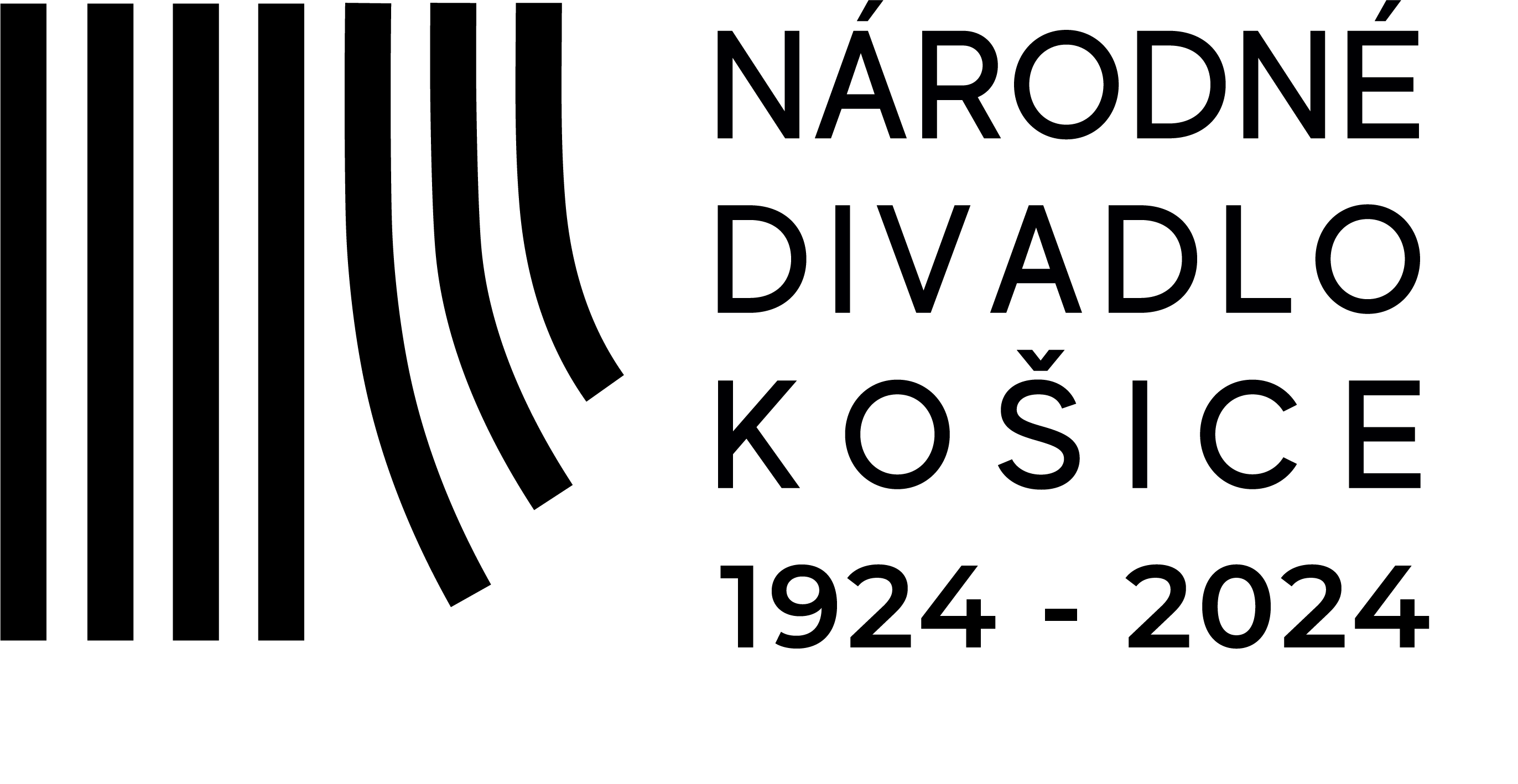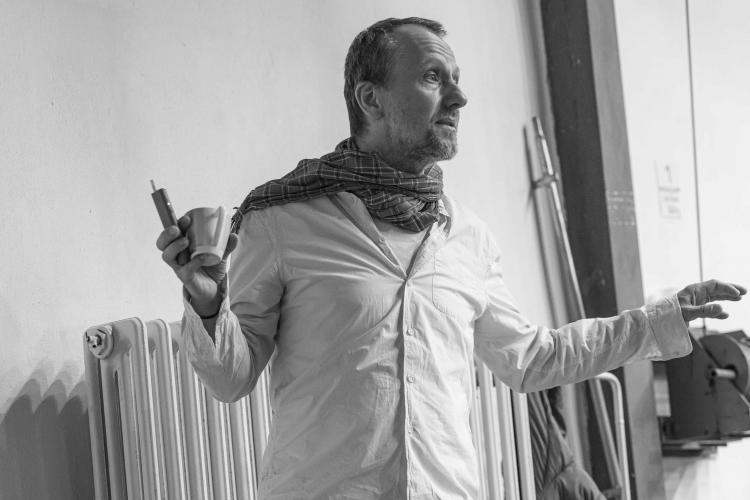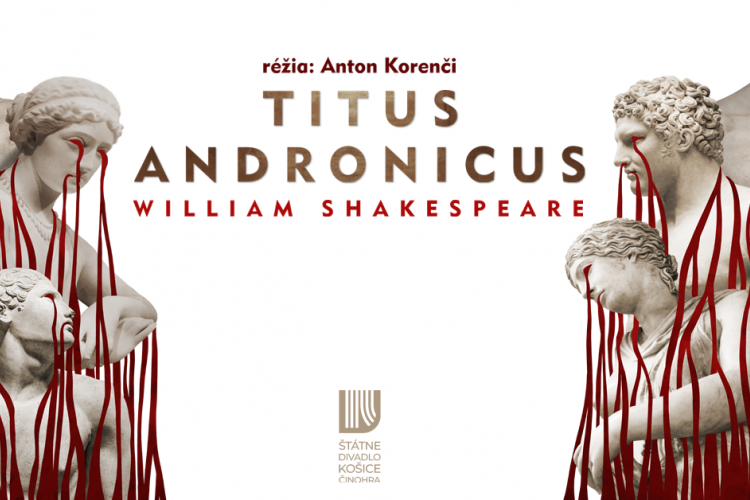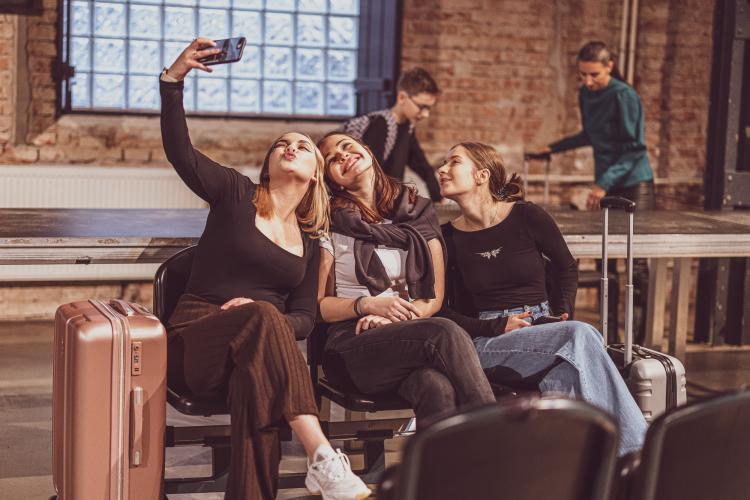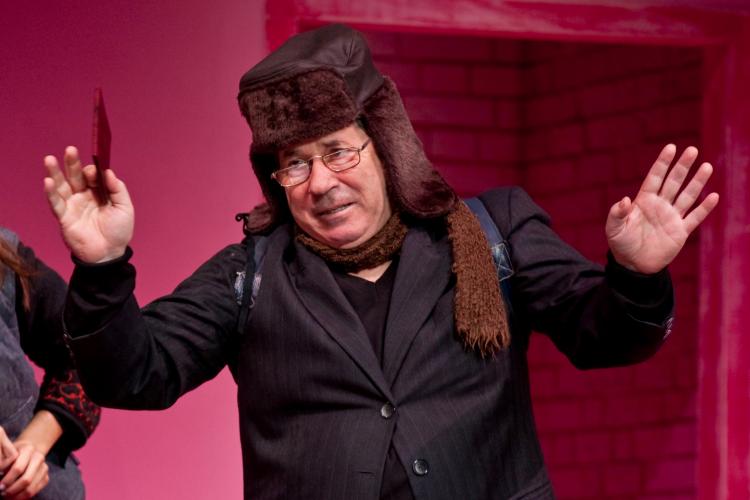Five months of empty auditorium and no live performances in the State Theatre Košice will end up on, Friday, May 14th by the first live premiere of this year. The drama ensemble presents, at the Small Scene of ŠDKE, dramatized version of Stefan Zweig’s novel Beware of Pity that was adapted and prepared by director Júlia Rázusová and her creative team.
Zweig’s work is linked to the first half of the 20th century. It is strongly influenced by psychoanalysis. “In the story of a crippled girl who unhappily falls in love with cavalry officer Zweig unveils powerful ideas on compassion. Zweig psychologically analyses pity as a kind of emotion or motivation which makes people do things. Managing emotions is a big topic. Zweig distinguishes creative pity and destructive pity. Everyone knows this phenomenon. We do not know whether we do things by compassion or simply because we want it. The borderline of our will, our decision-making is affected by the fact whether we do things because of the others, or we are afraid of the reaction of the others. Or we fail to do something exactly for we think we are not strong enough to do that,” says Rázusová on the story which is set in early WWI. According to her the work brings “reflections of pity”. Her thoughts are based on Zweig’s thoughts on pity mentioned in the novel: “There is double pity. One is weak and sentimental; it is in fact only impatience of heart which wants to get rid of embarrassing emotional moving over someone else’s unhappiness (...), pity, which is not sympathy at all. It is only an instinctive defence of own soul against own sufferance. The second pity, the only meaningful one, is not sentimental rather creative. Such pity knows what it wants, it is dedicated withstand patiently and sympathetically, anything until the last force, even beyond” wrote Zweig.
The new production is special also for actors. It contains clear physical movement elements that were integrated in the drama by the creative team. The movement elements, that gave actors really hard time, were designed by the choreographer and director of the ballet company ŠDKE Andrej Petrovič. Alena Ďuránová knows it well as she portrays the leading character of Edith. She herself admits that the character is totally different from those she has so far done on stage in Košice Theatre. “Just the mere fact that she is a woman who is disabled as a result of an accident. She mostly remains lonely at home the whole day long and fights her physical handicap and naturally also mental handicap. This performance is extra physically difficult to me. We chose a very complicated movement and physical expression,” says Alena Ďuránová. According to her, it was very difficult to dip into a person who strongly desires to love and to live, as she is a very strong and lively person with lots of energy. “A woman who wishes to be loved, eventually falls in love. She shows what impatience of heart and pity can do to a man and how one can deceive oneself and believe that things can be better. Believing in better future. It is difficult, what she carries inside of her,” Alena Ďuránová describes inner world of her character.
Tomáš Diro confirms physical demands as well. He thinks that they have prepared an interesting performance for the audience. As he himself says, Toni is much larger and complex character compared to his previous ones. “It is also because of the physical effort which is often as difficult as text. Pretty hard work, but I think that for the audience there is much to look forward to,” says Tomáš Diro. According to him, Zweig set his novel right before WWI, wrote it before WWII, and still there are many references to the present-day. “We see many references, just to mention one, not the key one, but I liked it a lot – then, what were men willing to do if they disappointed somebody. If they offended somebody, a bullet in their head might be next,” adds Tomáš Diro.
In addition to director Júlia Rázusová and choreographer Andrej Petrovič, the production team also includes dramaturgist Miriam Kičiňová, stage designer Diana Strauszová, and costume designer Laura Štorcelová. Music was composed by Jonatán Pastirčák and light design was done by Ján Ptačin. Guest actor Attila Bocsárszky and local actors Lívia Michalčík Dujavová, Stanislav Pitoňák, and Martin Stolár appear in supporting roles.
